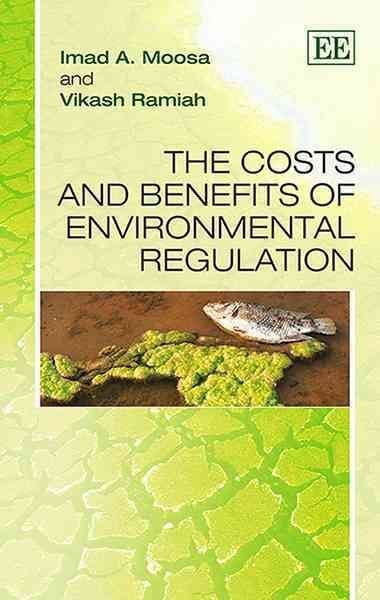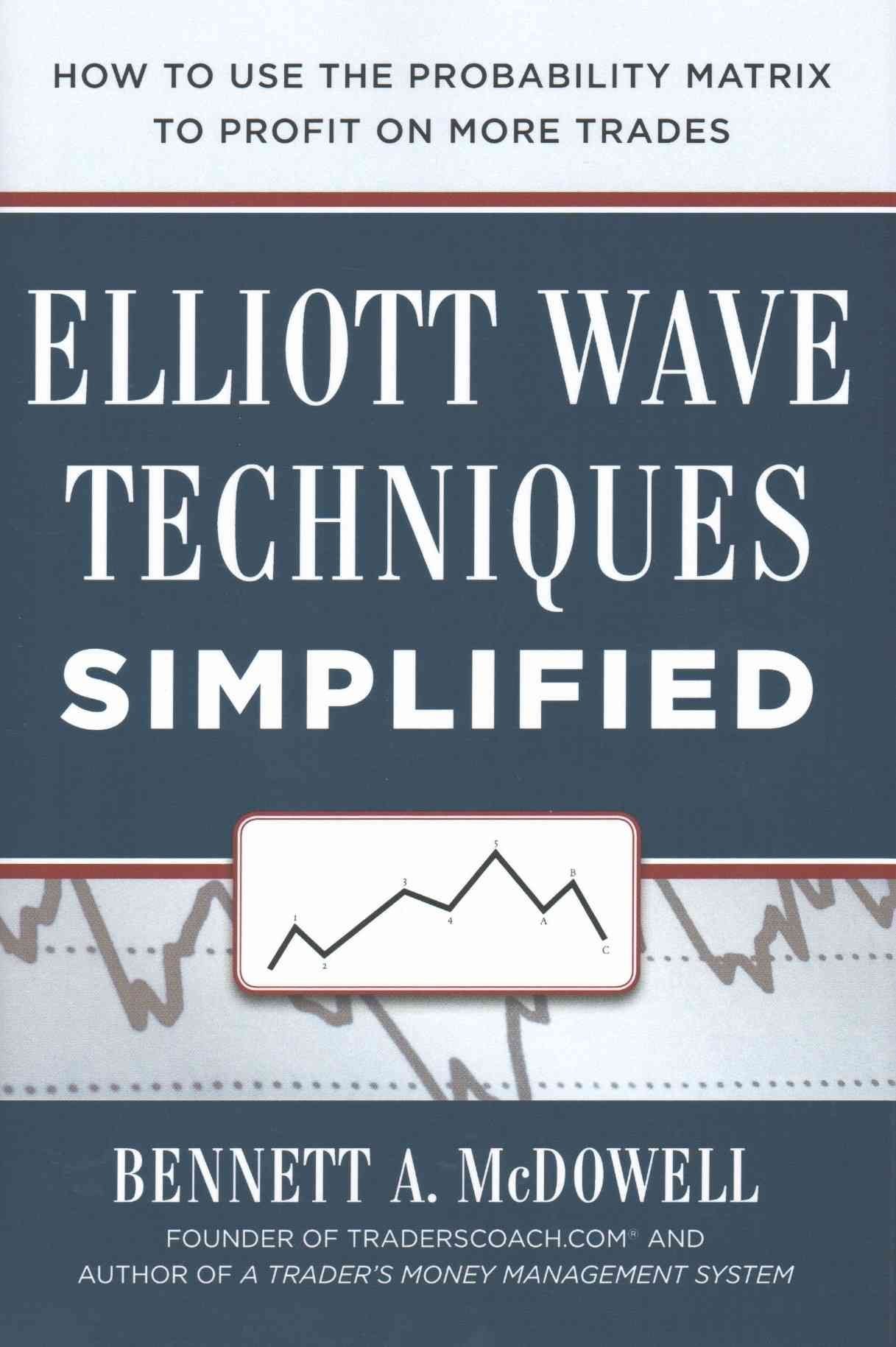Here finally is a book that educates us deeply about the economic costs and gains of cleaning up the environment and of finally coming to terms with the costs of human induced climate at the micro- and macro-economic level. Replete with case studies from China, Australia and the USA, demonstrating deep erudition and extensive use of empirical data, it remains accessible to the general reader, as well as the economist. It should be mandated as required reading for all public policy analysts and politicians.’ - Greg Bailey, La Trobe University, Australia The Costs and Benefits of Environmental Regulation presents a thorough investigation into environmental regulation, its economic and financial effects and the associated costs and benefits. A variety of issues, pertaining to regulation in general and environmental regulation in particular, are examined. These issues include the theories of regulation and how it is viewed in terms of the free market doctrine, forms of regulation, command-and-control regulation as opposed to market-based regulation and the cost-benefit analysis of environmental regulation. The authors present an extensive survey of the empirical evidence on the determinants of environmental performance as well as the effects of environmental regulation on the costs of production, plant location, firm-level productivity, stock prices and returns, profitability, market value, financial risk, employment, competitiveness, international trade, aggregate output and aggregate productivity. The authors conclude that it is essential to allocate appropriate funds to combat the environmental damage we are inflicting on the planet. Presenting a comprehensive survey of the costs, benefits and effects of environmental regulation and written mostly in simple language that is accessible to the non-specialist, the book will prove an essential resource for academics, research students and policy makers in the fields of environmental regulation and economics. Cont …












